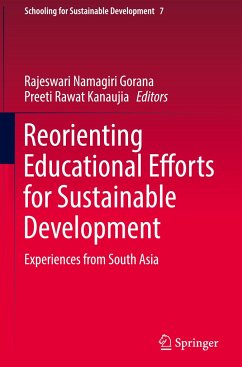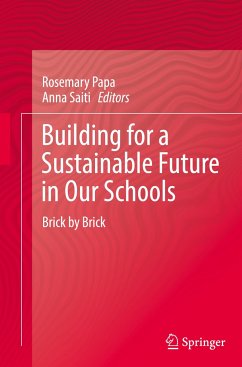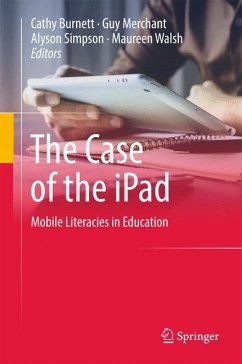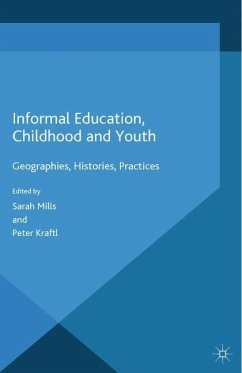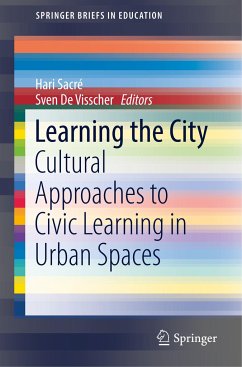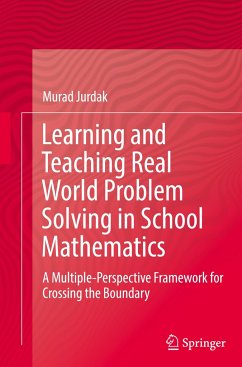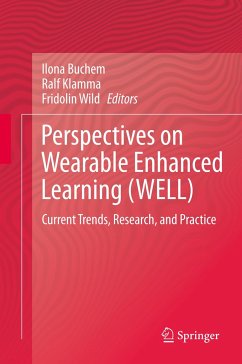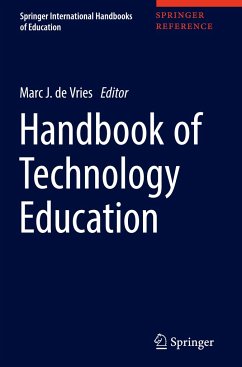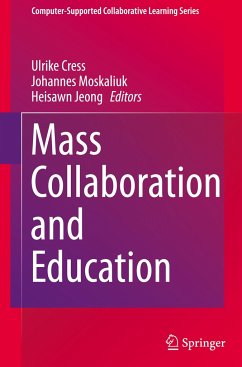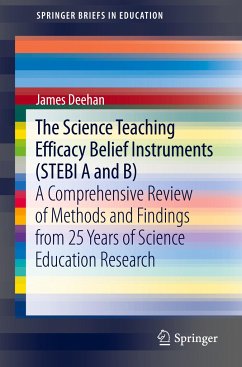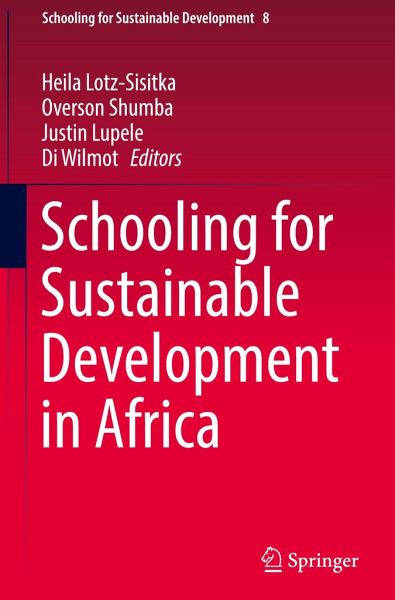
Schooling for Sustainable Development in Africa

PAYBACK Punkte
38 °P sammeln!
This book considers the scope and dynamics of Education for Sustainable Development (ESD) and learning in schools in Africa. It explores the conditions and processes that support such learning, and examines how ESD in schooling can improve the quality and relevance of education. The quality of education has been defined internationally as a key concern for educational institutions around the world, including schools in Africa. The models of quality are often limited to performance-based approaches and/or inclusive approaches. The contributions in this book show that there is more to a discussi...
This book considers the scope and dynamics of Education for Sustainable Development (ESD) and learning in schools in Africa. It explores the conditions and processes that support such learning, and examines how ESD in schooling can improve the quality and relevance of education. The quality of education has been defined internationally as a key concern for educational institutions around the world, including schools in Africa. The models of quality are often limited to performance-based approaches and/or inclusive approaches. The contributions in this book show that there is more to a discussion on educational quality in Africa thanperformance success and/or inclusion. The chapters explain how ESD brings a new relevance to education in Africa, and at the same time, sounds the beginning of a new concept of quality education. The volume presents a collection of experiences in creating and supporting quality learning processes through a variety of ESD practices.



